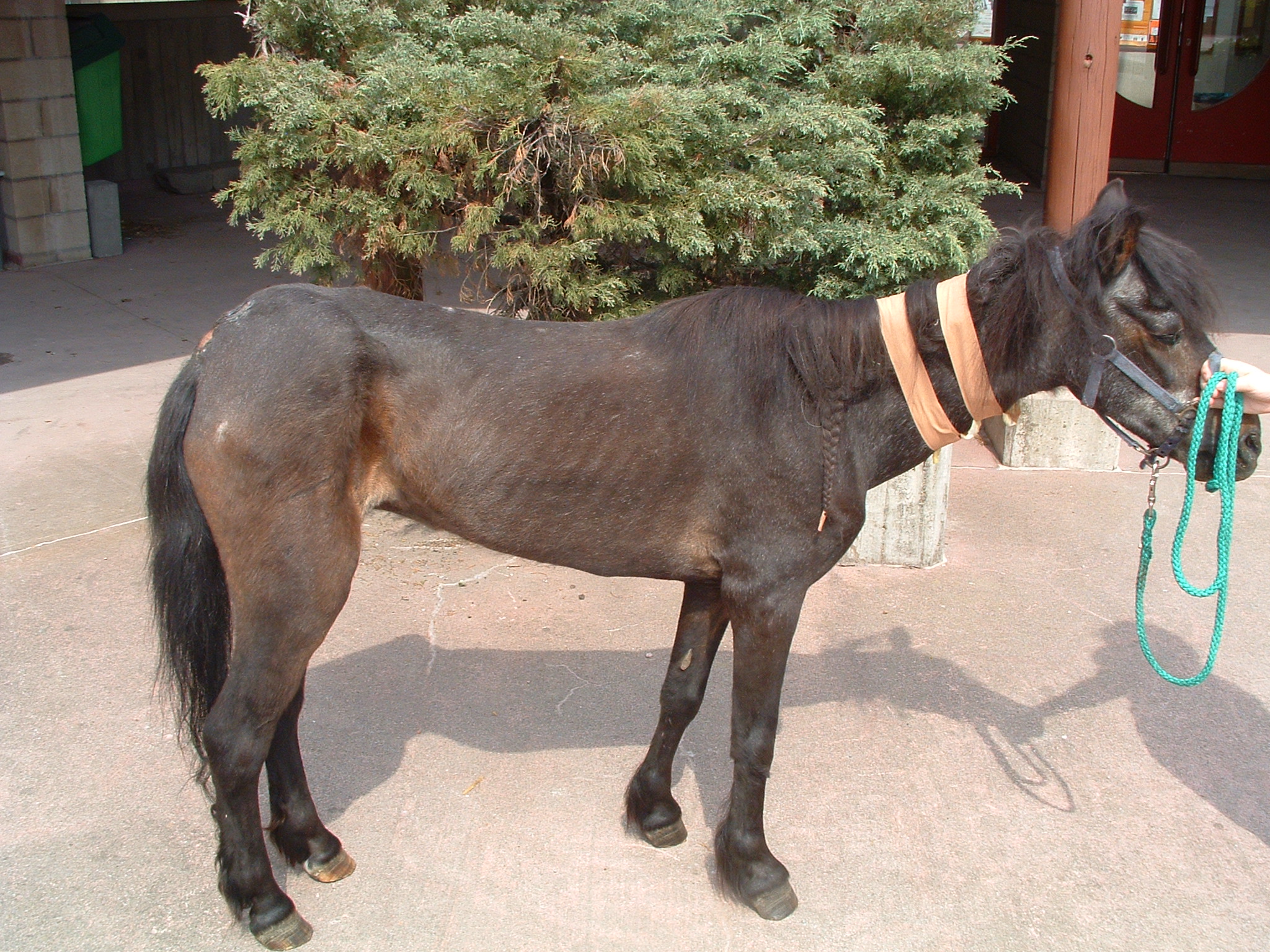Looking after geriatric horses
July 17, 2019
Equine veterinary hospital Comments Off on Standing tieback surgery for ‘roarers’
22
15
18
All owners want to maximise the welfare of their horses and this is especially true for owners of geriatric horses. However, sometimes it can be difficult to recognise signs of disease and problems often are attributed to old age.
Management practices for geriatric horses including exercise and diet, differ from those undertaken for the general equine population.
What is an old horse?
The most common definition of a veteran in competitions are horses 15 years or over. And any horse over 20 is thought to be “old”. Thus, we should start taking care of age-related problems starting from the 15 years of our companion. Some horses or ponies can get to 30 or even 40 years old!
While there are many tests that can be performed to assess a horse’s health condition, horse owners should be proactive in their aging horse’s health care in order to prevent health problems from worsening and allow your horse to age as comfortably as possible.
Diet and dental checks
Older horses that remain in good health but are losing body conditions may benefit from “senior” diets. But rule out other causes of weight loss first!
Dental disorders are common in aged horses. Less efficient mastication may predispose to impaction and choke.
A key point is ensuring oral comfort and maximising masticatory ability so that the horse can optimize digestion of the nutrients in the gastro-intestinal tract.
Endocrine diseases of old horses
The most common endocrinopathic condition of aged horses is Pituitary Pars Intermedia Disease (PPID), also known as Cushing’s disease. This disease can lead to a long haircoat, laminitis, weight loss and recurrent infections. Sometimes Equine Metabolic Syndrome (insulin resistance that is usually associated to obesity) can be a concomitant problem.
Musculoskeletal problems
Osteoarthritis and laminitis are by far the most common disorders of aged horses. Management of osteoarthritis in the elderly horse is multifocal and focuses, apart from pain management, also on optimising the exercise regimen and improving living conditions.
Laminitis in geriatric horses is usually related to Cushing’s disease (also called PPID) so it is important to test them for this disease if there is any suspicion.
The eyes of an old horse
Ocular problems are also common in aged horses. They have a decreased corneal sensitivity and consequently corneal ulcers are more prevalent. If a horse suffered of recurrent uveitis, this disease can manifest more clearly as the horse ages. Several retinal and vitreal abnormalities are commonly seen in old horses, with variable effect on vision.
A healthy skin in aged horses
Older horses have few well-defined skin disorders apart from hypertrichosis/hirsutism associated with Cushing’s disease (PPID). Several diseases show progressive deterioration in older horses; for example, insect-bite hypersensitivity.
Cardio-respiratory problems
Advancing age is also a specific risk factor for cardiac disease. Valvular heart disease often affects the aortic and/or the mitral valve; it does not necessarily shorten life span but can progress to heart failure. Furthermore, equine asthma can lead to irreversible structural changes in the lungs that can lead to chronic breathing problems, but can also contribute to right heart dysfunction.
Immune-aging
Age-related progressive impairment in the ability to respond to pathogen challenge and an increased inflammatory reactivity may predispose the geriatric horse to many diseases of old age. Therefore, preventative health care including vaccinations and parasite control are important for older horses.
The ambulatory service from Camden Equine Centre offers a preventative healthcare package for geriatric horse that includes consultation, vaccinations, fecal egg count and deworming treatment as indicated. In addition, we offer oral/dental examination, basic respiratory assessment, routine blood analysis, and Cushing’s testing.
At the CEC we can do comprehensive blood work, advanced dentistry, full respiratory and cardiac assessments, complete lameness examinations, and more advanced weight loss investigations.





0 Comments